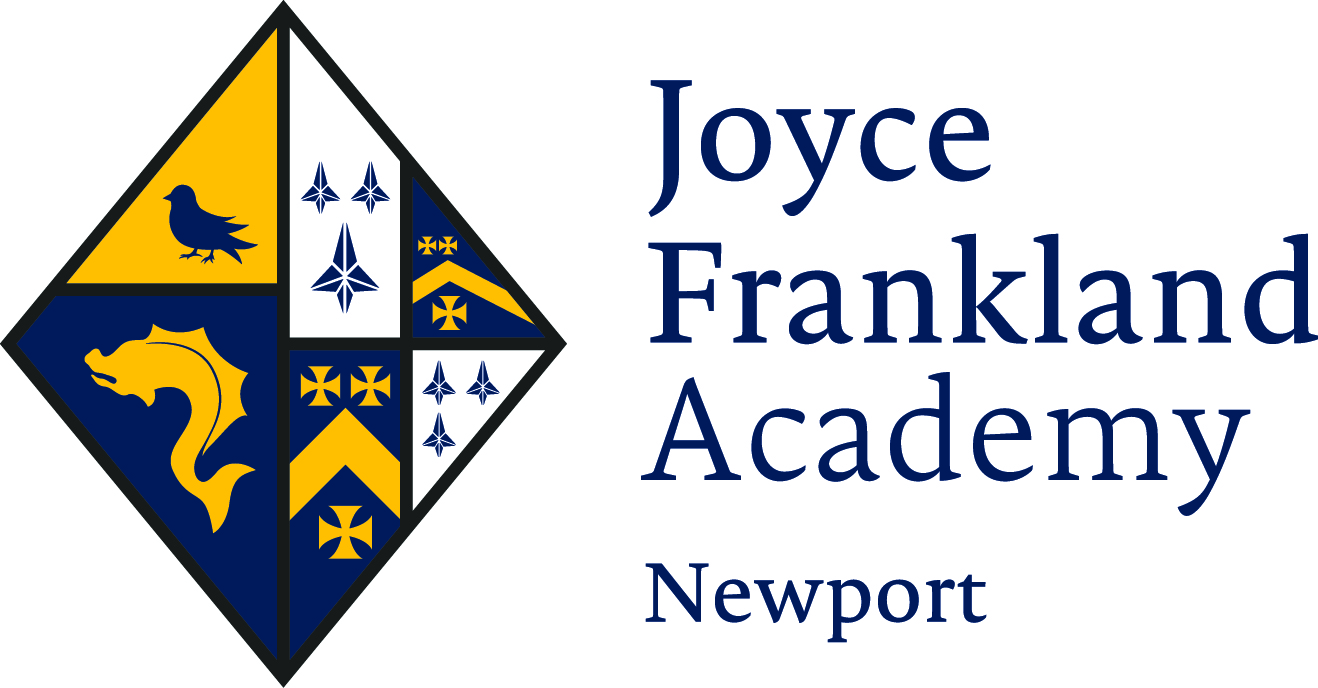KS3 Maths
Course Overview
The programme of study for key stage 3 is organised into 6 key areas, but pupils should develop and consolidate connections across mathematical ideas. Students should build on key stage 2
and connections across mathematical ideas to develop fluency, mathematical reasoning and competence in solving increasingly sophisticated problems. They should also apply their mathematical knowledge in science, geography, computing and other subjects.
Topics:
 Year 7 and Year 8 (Depth into topics increased)
Year 7 and Year 8 (Depth into topics increased)
Number :
Numbers and the number system
Calculating
Checking, approximating and estimating
Counting and comparing numbers
Exploring fractions, decimals and percentages
Calculating fractions, decimals and percentages
Algebra :
Notation, vocabulary and manipulation
Simplifying expressions
Expanding brackets
Sequences
Solving equations
Graphs
Ratio, proportion and rates of change :
Simplifying ratio
Ratio of amounts
Geometry and measures :
Constructions
Angles
Investigating properties of shapes
Units of measurements
Area and perimeter
Volume
Transformations
Bearings
Compound measures
Probability :
Probability of events
Experiments and Sample diagrams
Theoretical and relative frequencies
Venn diagrams and set notation
Statistics:
Presentation of data
Measuring data
Scatter graphs
Wider Impact
Contribution to Cultural Capital/British Values and Wider Society/Careers/SMSC:
Mathematics underpins the world around us. Just by paying bills, measuring home improvements and making everyday decisions, people do maths, often without realising. Maths helps shape our understanding of computing, art, music, science, nature and the world at large. It is used in everyday life and in many careers: Actuary, Accountant, Data analyst, Maths teacher, Statistician, Systems developer, Financial trader, Insurance underwriter,Meteorologist, Quantity Surveyor, Software tester.

